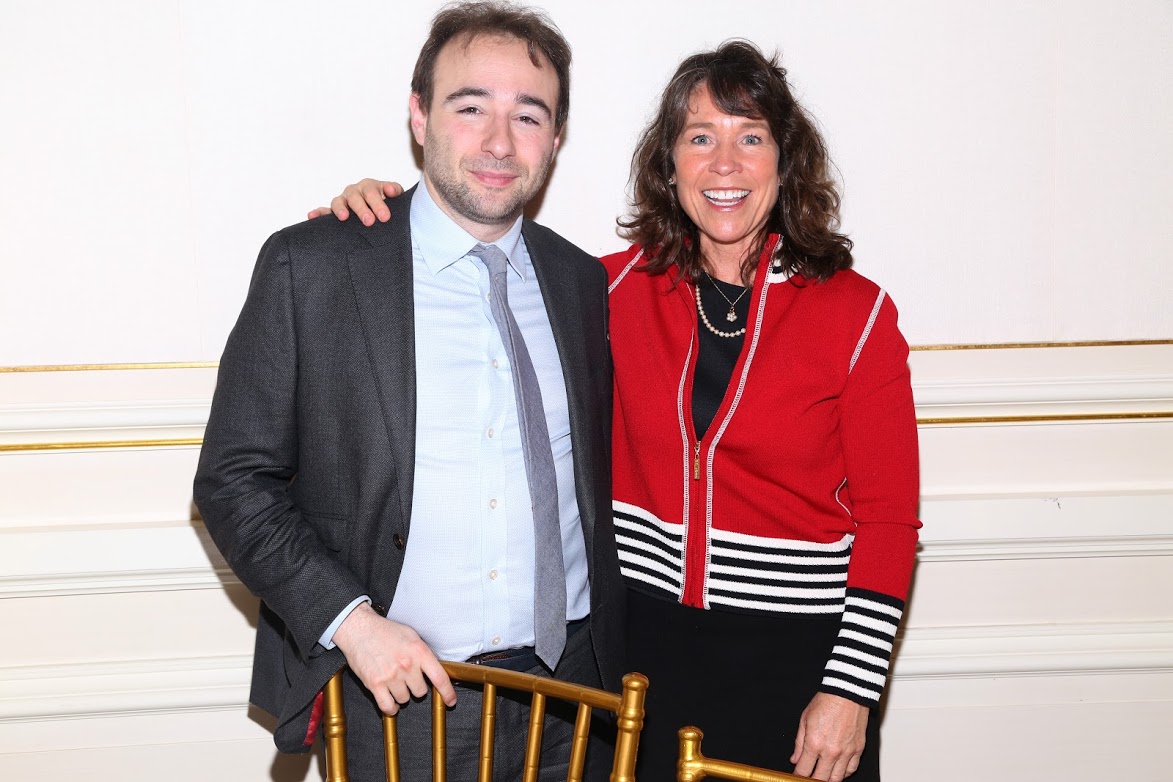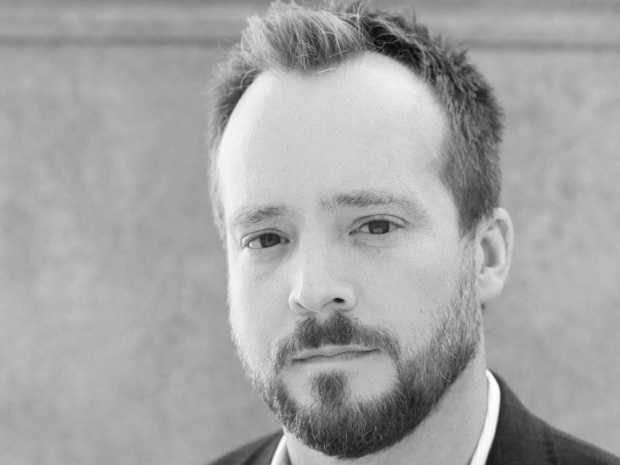As a distinguished Foreign Service officer, Ambassador Nicholas Burns is recognized as one of the most effective and thoughtful diplomats of his generation. He is also a renowned columnist, lecturer, professor, and foreign policy advisor, and has been associated with Harvard University for many years.
Burns started his foreign service career in Egypt and Mauritania, before serving in the American Consulate General in Jerusalem, where he coordinated U.S. economic assistance to the Palestinian people in the West Bank. He went on to serve on the National Security Council, as Director for Soviet Affairs in the Administration of President George H.W. Bush and later as Senior Director for Russia, Ukraine and Eurasia Affairs and Special Assistant to President Clinton. He capped his twenty-seven year career with the State Department for President George W. Bush as Under Secretary of State for Political Affairs, making him the third-ranking official at the State Department. He led negotiations on the U.S.–India Civil Nuclear Agreement, a $30 billion long-term military assistance agreement with Israel, and served as the lead U.S. negotiator on Iran’s nuclear program. At the State Department, Burns also served as the U.S. Ambassador to NATO, the Ambassador to Greece, and as the State Department Spokesman. From 2014-2017, he was a member of Secretary of State John Kerry’s Foreign Affairs Policy Board.
Burns, center, with Lieutenant General D. Petraeus, left, and NATO Secretary General, Jaap de Hoop de Scheffer.
President Bush, Defense Secretary Rumsfeld, Representative to NATO Burns, and Secretary Powell at the North Atlantic Council meeting in Istanbul.
Burns interviews Hillary Clinton at Harvard
A widely respected expert on foreign affairs and negotiation, he currently teaches at the Harvard Kennedy School as the Roy and Barbara Goodman Family Professor of the Practice of Diplomacy and International Relations. He serves on the Board of Directors of the Belfer Center for Science and International Affairs, one of the world’s top university-affiliated think tanks which serves as the center of the Kennedy School’s research, teaching, and training in international security and diplomacy, environmental and resource issues, and science and technology policy. Burns is also the founder and Faculty Chair of the Belfer Center’s Future of Diplomacy Project and Faculty Chair of the Center’s Project on Europe and the Transatlantic Relationship. At the university, he is a Faculty Affiliate of the Middle East Initiative, and is a Faculty Associate at Harvard’s Weatherhead Center for International Affairs.
Former Secretaries of State Madeleine Albright, left, and Condoleezza Rice, right, with Burns at the Aspen Institute
In addition to his work at Harvard, Burns is Senior Counselor for the Cohen Group, serves on the Board of Directors of Entegris, Inc, the Executive Director of the Aspen Strategy Group and the Aspen Security Forum, and is Chairman of the Board of Our Generation Speaks, a start-up incubator which seeks to bring together young entrepreneurial Palestinians and Israelis in common purpose. Burns is vice chairman of the American Ditchley Foundation and serves on the Panel of Senior Advisors at Chatham House, the Royal Institute of International Affairs. He also serves on the Board of Directors of the Atlantic Council.
Burns with Chancellor Angela Merkel at Harvard’s 2019 Commencement.
He serves on the boards of several non-profit organizations, including the Center for the Study of the Presidency and Congress, Refugees International, and the NATO Cyber Center of Excellence. He is a member of the Council on Foreign Relations, the Rockefeller Brothers Fund, the Committee on Conscience of the United States Holocaust Memorial Museum, the American Academy of Arts and Sciences, and the Order of Saint John. He is a Fellow of the Massachusetts Historical Society, and a life-long member of Red Sox Nation.
In recognition for his work both in the foreign service and since his retirement, Burns has received fifteen honorary degrees, the Presidential Distinguished Service Award, the Secretary of State’s Distinguished Service Award, the 2017 Ignatian Award from Boston College, 2016 New Englander of the Year from the New England Council, the Woodrow Wilson Award for Public Service from the Johns Hopkins University, the Boston College Alumni Achievement Award, and the Jean Mayer Global Citizenship Award from Tufts University. He has a BA in History from Boston College, an MA from the Johns Hopkins School of Advanced International Studies, earned the Certificat Pratique de Langue Francaise at the University of Paris-Sorbonne, and, in 2020, was a Fulbright scholar at Queen Mary University of London.
The Common Good has been pleased to host Burns on several occasions, most recently for the The Common Good Forum & American Spirit Awards, 2019 where he participated on the “World View: Security Challenges & Opportunities” panel alongside Ambassador Bill Burns and Congresswoman Jane Harman, moderated by Edward Luce.
Burns currently serves as a member of The Common Good Honorary Advisory Board.
Twitter: @RNicholasBurns
Read More:
Burns for Foreign Affairs The Diplomat as Gardener
Burns for his column at The Boston Globe: Three myths about Putin's Russia
Burns and Anja Manuel Op-Ed for The Hill: On India, the US must think bigger
Burns and Frank Wisner Op-Ed for Washington Post: A planned Kosovo-Serbia meeting at the White House is falling apart. It was always a bad idea.
CNN on Burns’ potential appointment as Ambassador to China: Former top State Department official is Biden's leading contender to be US ambassador to China
Mediate article on Burns’ remarks: Nick Burns : 'Embarrassing' to Watch Trump's Trip in Britain
The New York Times on Burns’ previous retirement from the Foreign Service No. 3 U.S. Diplomat, Lead Negotiator on Iran, Retires
Aspen Strategy Group publication on National Security: Technology and National Security: Maintaining America's Edge
Burns and Douglas Lute publication from Belfer Center: NATO at Seventy: An Alliance in Crisis
Burns on The Guardian’s Politics Weekly Podcast: Biden makes friends with 'the west': Politics Weekly Extra
CNN interview with Burns on the US-China Relationship, Biden’s foreign policy vision: U.S.-China Relationship Challenging, but Most Important















